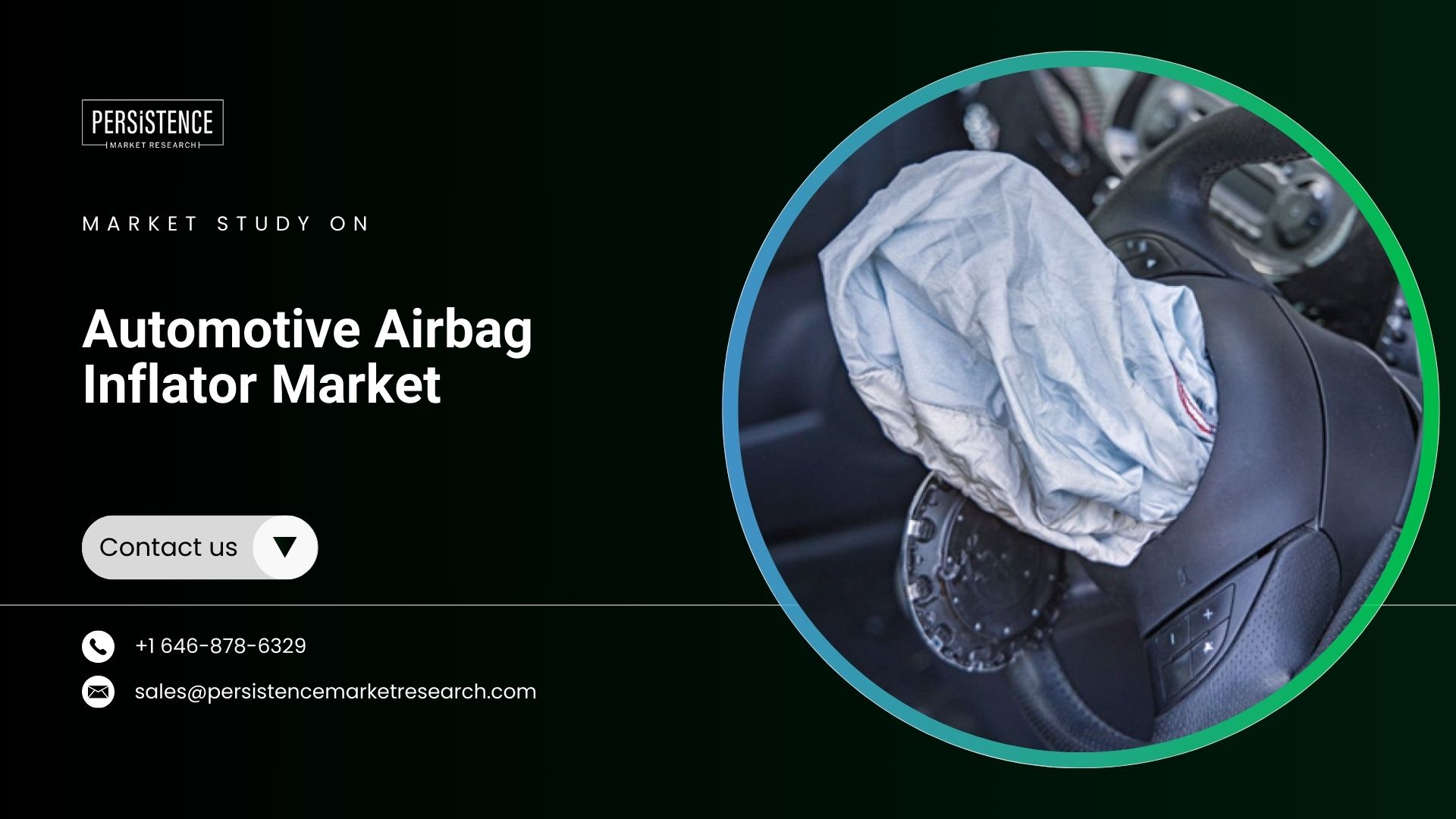 Tiered Link Strategy – Multiply Your SEO Impact Today!
Tiered Link Strategy – Multiply Your SEO Impact Today!
How Ignition Coil Innovations Are Improving Fuel Efficiency
Written by aishwarya » Updated on: June 17th, 2025

The automotive industry is in a constant state of evolution, with a significant focus on enhancing fuel efficiency to meet environmental regulations and consumer demands. A critical component in this endeavor is the ignition coil, a device responsible for converting the battery's low voltage to the high voltage needed to ignite the fuel-air mixture in the engine. Recent innovations in ignition coil technology have played a pivotal role in improving fuel efficiency.
Understanding the Ignition Coil
An ignition coil is an induction coil in a vehicle's ignition system that transforms the battery's 12 volts to the thousands of volts required to create an electric spark in the spark plugs. This spark ignites the fuel-air mixture in the engine cylinders, facilitating combustion. The efficiency and performance of the ignition coil directly influence the engine's combustion efficiency, thereby affecting overall fuel consumption.
Innovations in Ignition Coil Technology
1. Advanced Materials: Modern ignition coils are now being manufactured using advanced materials that offer better thermal conductivity and electrical insulation. These materials enhance the coil's durability and performance, leading to more efficient combustion and reduced fuel consumption.
2. Compact and Lightweight Designs: The development of more compact and lightweight ignition coils has contributed to overall vehicle weight reduction. Lighter vehicles require less energy to operate, thereby improving fuel efficiency.
3. Integrated Electronics: Incorporating advanced electronics into ignition coils allows for precise control of the ignition timing. This precision ensures optimal combustion, reducing fuel wastage and emissions.
4. Enhanced Cooling Systems: Innovations in cooling mechanisms for ignition coils have led to better heat dissipation, preventing overheating and maintaining optimal performance. Consistent performance of the ignition system ensures efficient fuel combustion.
Impact on Fuel Efficiency
The advancements in ignition coil technology have a direct correlation with fuel efficiency:
• Improved Combustion Efficiency: Enhanced ignition coils provide a stronger and more consistent spark, ensuring complete combustion of the fuel-air mixture. This completeness in combustion means more energy is extracted from the same amount of fuel, leading to better fuel economy.
• Reduced Emissions: Efficient combustion facilitated by advanced ignition coils results in lower emissions. Incomplete combustion typically produces harmful pollutants; thus, better ignition leads to a cleaner exhaust.
• Enhanced Engine Performance: With precise ignition timing and reliable performance, modern ignition coils contribute to smoother engine operation. An efficiently running engine consumes less fuel, further contributing to fuel savings.
Market Growth and Future Prospects
The automotive industry's commitment to improving fuel efficiency and reducing emissions has spurred significant investments in ignition system technologies. According to Persistence Market Research, the automotive ignition parts market is expected to grow at a compound annual growth rate (CAGR) of 5% to 6% by value during 2021-2031. This growth is driven by energetic investments in the automotive sectors.
This projected growth underscores the importance of ignition coil innovations in the broader context of automotive advancements. As manufacturers continue to invest in research and development, we can anticipate further improvements in ignition coil technology, leading to even greater fuel efficiency and reduced environmental impact.
Conclusion
Innovations in ignition coil technology are at the forefront of efforts to enhance fuel efficiency in modern vehicles. Through the use of advanced materials, compact designs, integrated electronics, and improved cooling systems, these components have significantly improved combustion efficiency, reduced emissions, and bolstered engine performance. As the automotive industry continues to evolve, the role of advanced ignition systems will remain crucial in achieving sustainable and efficient transportation solutions.
Note: IndiBlogHub features both user-submitted and editorial content. We do not verify third-party contributions. Read our Disclaimer and Privacy Policyfor details.
Copyright © 2019-2025 IndiBlogHub.com. All rights reserved. Hosted on DigitalOcean for fast, reliable performance.












